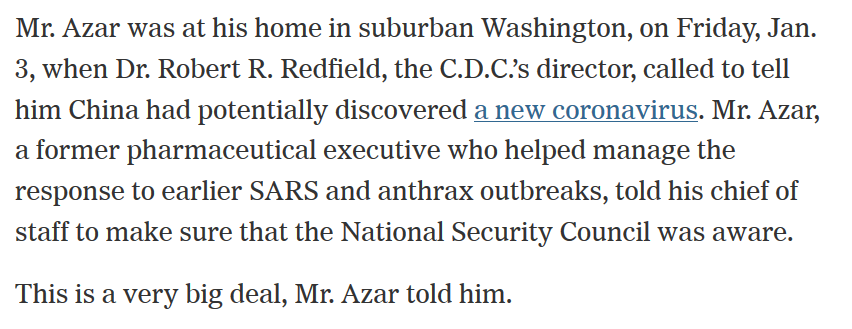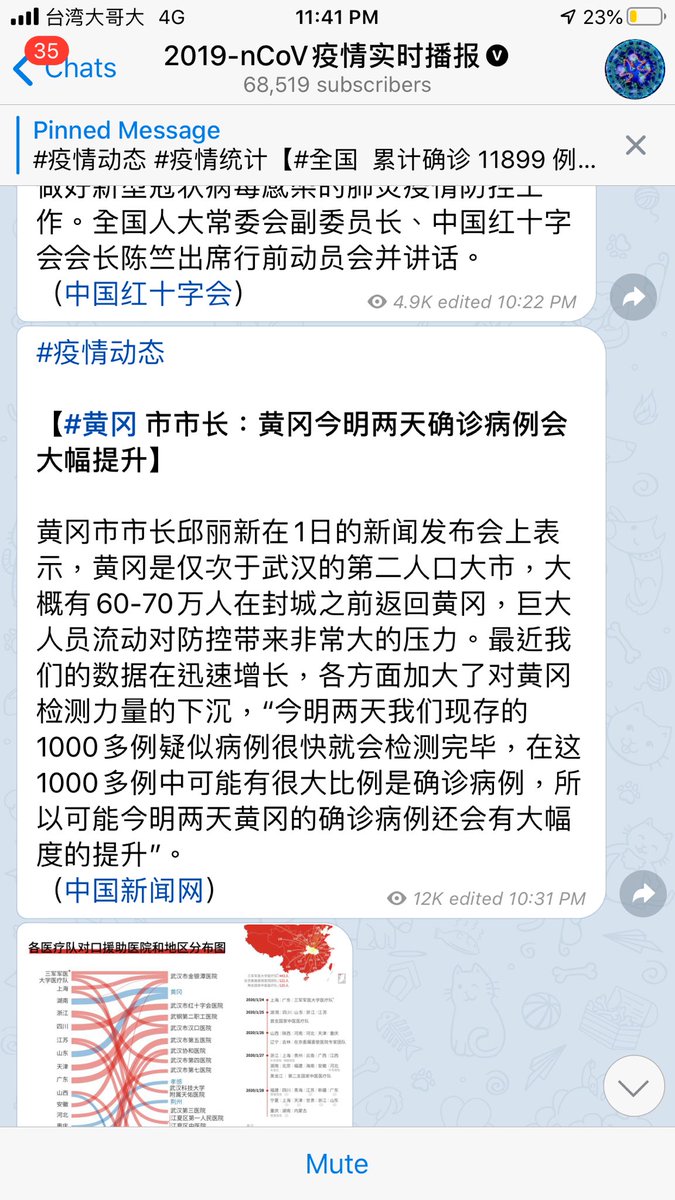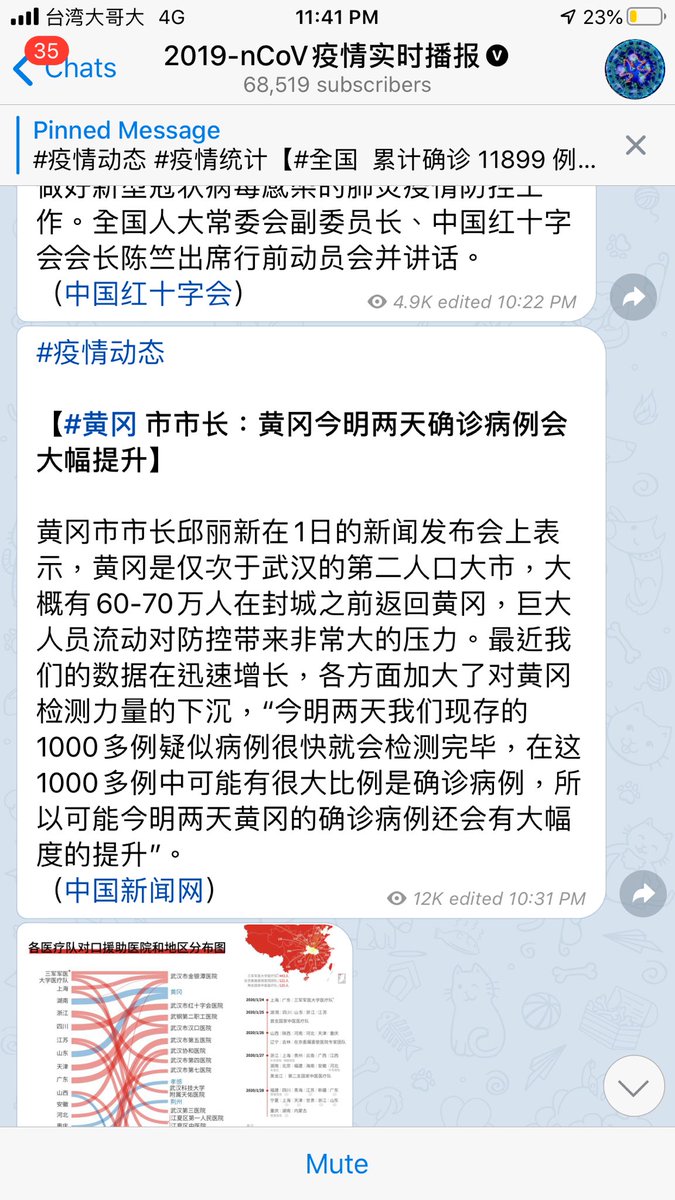All of this - all of it - was an obvious possibility as soon as we saw what happened to hospitals in Wuhan. It is a damning indictment of federal leadership that this sort of guidance is coming reactively now, not proactively a month+ ago.
- Prepare guidance for overwhelmed health systems
- Scale up support to frontline health workers
- Reinforce the PPE supply chain
Have gotten a number of @'s asking why this lack of prep isn't the hospitals' fault. It's a fair question.
The short answer is - the economics of our health system strongly disincentivize this kind of preparedness without direct government action.
Not surprisingly, hospitals execs were not eager to do this. This was why I was urging back in Feb for CDC and HHS to more explicitly tell hospitals to do this.
But was it realistic to expect them to do this while the feds were signaling low risk/under control? Nope.
Is a profit-based health care model financed by private insurance a tangible obstacle to pandemic prep? You bet.












